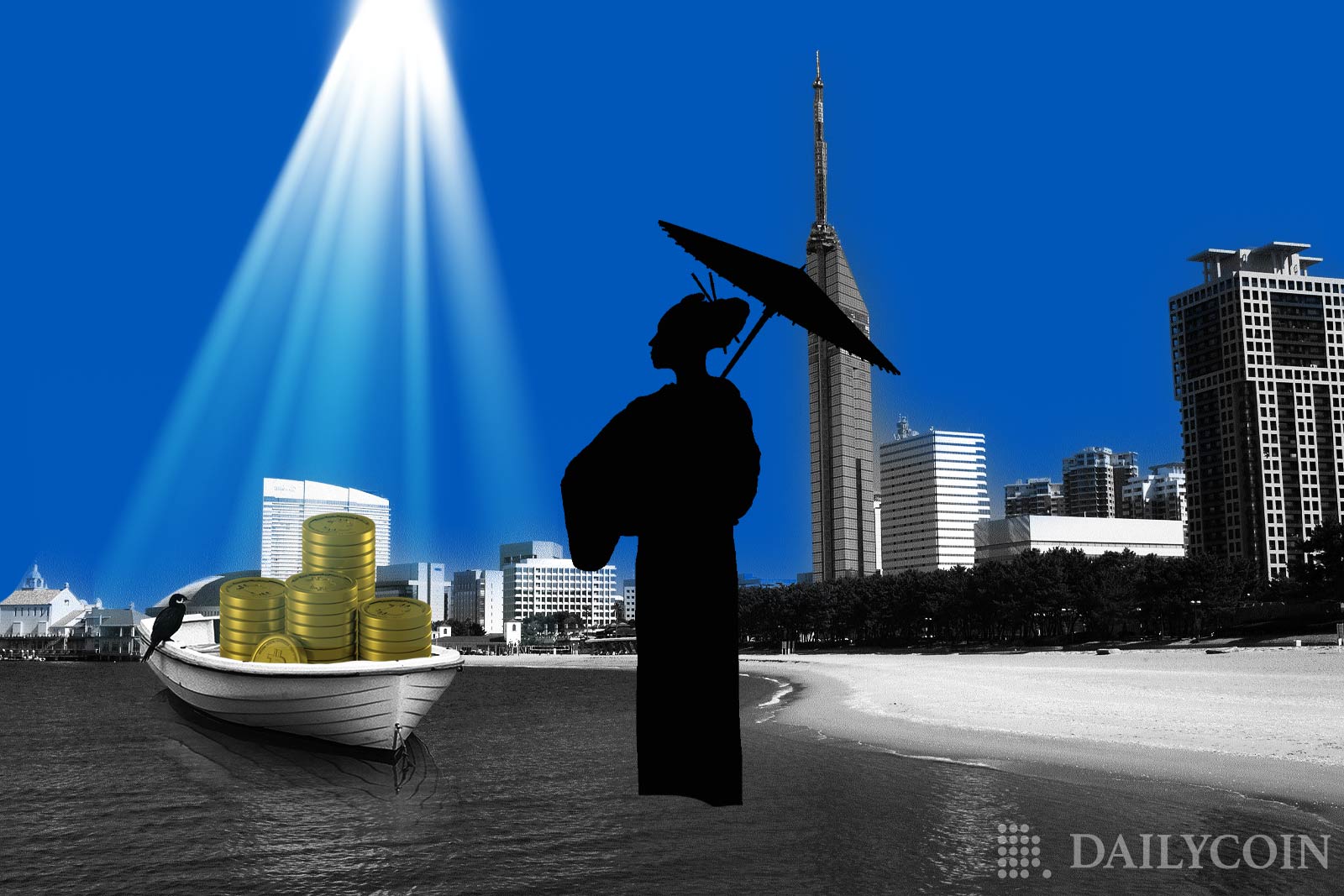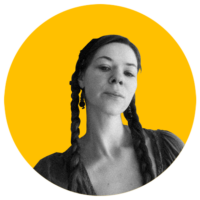
Global attention to blockchain technology is affecting policy creation on the national level in Japan. The country’s hi-tech landscape is seeing increasing usage of cryptocurrencies, NFTs, and decentralized autonomous organizations (DAOs).
Japan’s sixth-largest city, Fukuoka, recently became the Web3 hub as more blockchain-related businesses settled in the city, thanks to the local government’s commitment to supporting the tech sector and entrepreneurship.
Blockchain Is Part of the City’s Long-Term Strategy
The multicultural and fast-growing Fukuoka is an attractive place for start-ups. The established ecosystem ranks at number 220 globally, fourth in Japan, and 22 in East Asia. While concentrating on the hardware, IoT, software, and data industries, the city is shifting its attention to include the blockchain industry.
Attention to blockchain technology is part of Fukuoka City’s long-term strategy to attract globally competitive businesses. The city mayor Soichiro Takashima has launched various digitization efforts in the city during his decade of service in the office.
He has advocated implementing blockchain technology in public operations to increase transparency, strengthen security, and conditionally deregulate cryptocurrency businesses to spur the sector’s growth.
In May this year, his office proposed that the city could become a national strategic special zones (NSSZs) for crypto-related businesses. NSSZs are deregulated areas and free trade zones where clusters of companies in the same industry are free to expand without being constrained by many regulations.
Sponsored
In August, the mayor visited the San Francisco headquarters of the money transfer network Ripple to further strengthen the ties between Japan and the American crypto firm. This month, Fukuoka city partnered with Astar Japan Lab. The initiative was developed to create innovative use cases on the Astar Network.
The Japanese Blockchain Association has voted Astar blockchain the most popular blockchain in the country. It is also a popular blockchain of choice for Japanese developers and enterprises and for international projects planning to enter the Japanese market.
As part of the deal with the city’s authorities, Astar representatives will regularly visit Fukuoka to provide education and identify new avenues for local businesses to expand.
Pro-Crypto Politics in Japan
Fukuoka’s mayor is not the only Japanese politician who is an outspoken advocate of Web3. The current Prime Minister of Japan, Fumio Kishida, is also actively promoting the usage of blockchain technology on the national level.
The Japanese government’s digital transformation plan includes provisions to use digital technologies, such as NFTs, and received approval from the Japanese government in June of this year.
On the Flipside
- Currently, in Japan, crypto assets are subject to “Miscellaneous Income Tax” ranging from 5% to 45% on profits. A 10% municipal tax is also added to this at all rates, ultimately leading to a maximum potential tax rate of 55%. Such hefty taxation policies can often slow down a country’s crypto adoption rate.
Why You Should Care
Japan’s economy ranks fourth in purchasing power parity and third in nominal gross domestic output. The crypto industry is booming in Japan. Between January and November 2021, cryptocurrency exchange transactions in Japan increased by 51% to reach 103 trillion yen ($900 billion USD), putting the country on track to surpass $1 trillion USD for the entire year.
